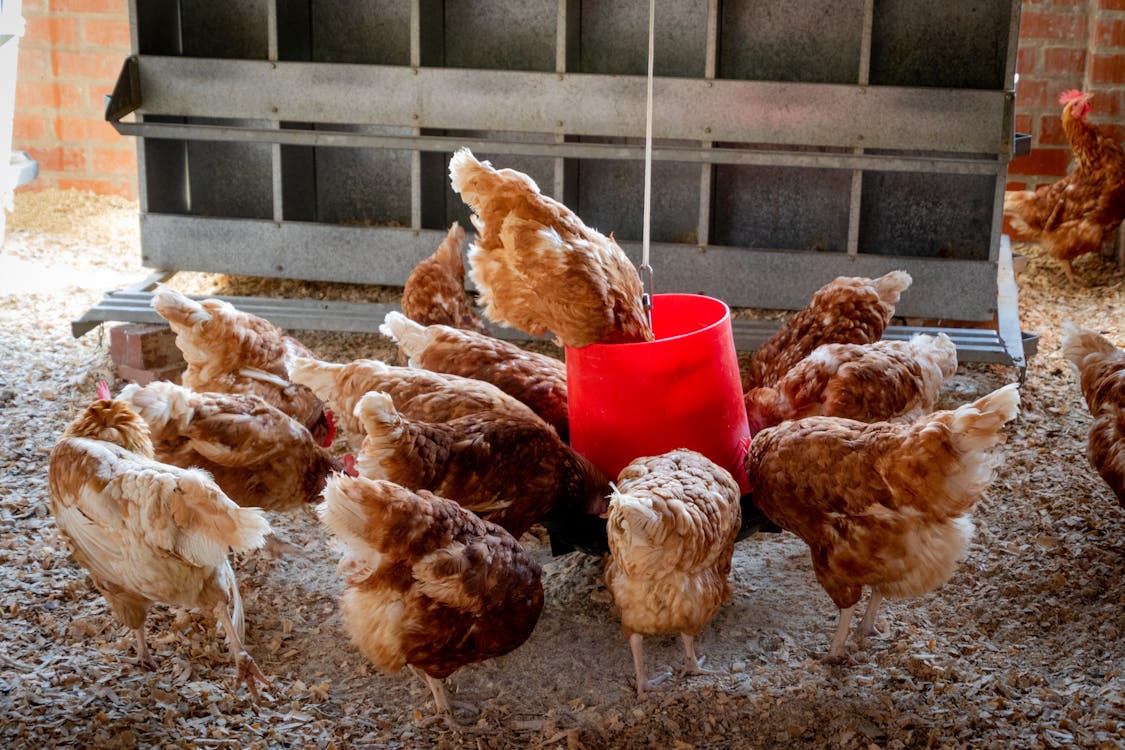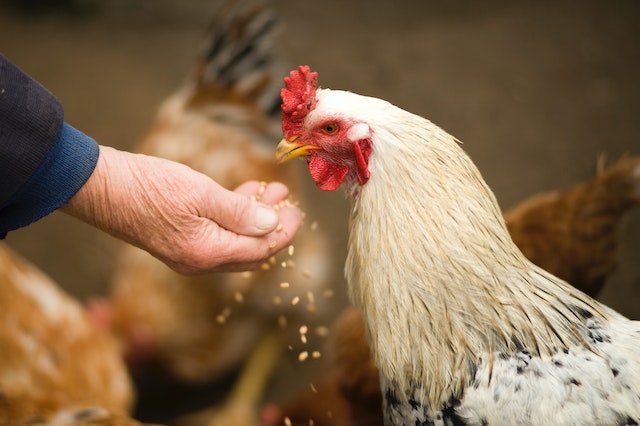Chickens have a unique way of regulating their body temperature.

Chickens are able to regulate their body temperature through a process known as thermoregulation. They have the ability to direct blood flow to specific parts of their body to control their internal temperature, which helps them stay warm or cool as needed.
Chickens have impressive immune systems.
Chickens have evolved to have incredibly strong immune systems, which help them resist disease and illness. This is because they have a wide range of defense mechanisms, including physical barriers, such as their skin and feathers, and biological responses, such as their immune system. The chicken immune system is constantly working to identify and neutralize potential threats, such as bacteria, viruses, and parasites.
One of the key components of the chicken immune system is the bursa of Fabricius, which is a lymphoid organ that is found in the chicken gut. This organ is essential for the development of the chicken’s immune system, as it helps produce and train immune cells, such as B-cells and T-cells, that are responsible for recognizing and neutralizing foreign invaders.
